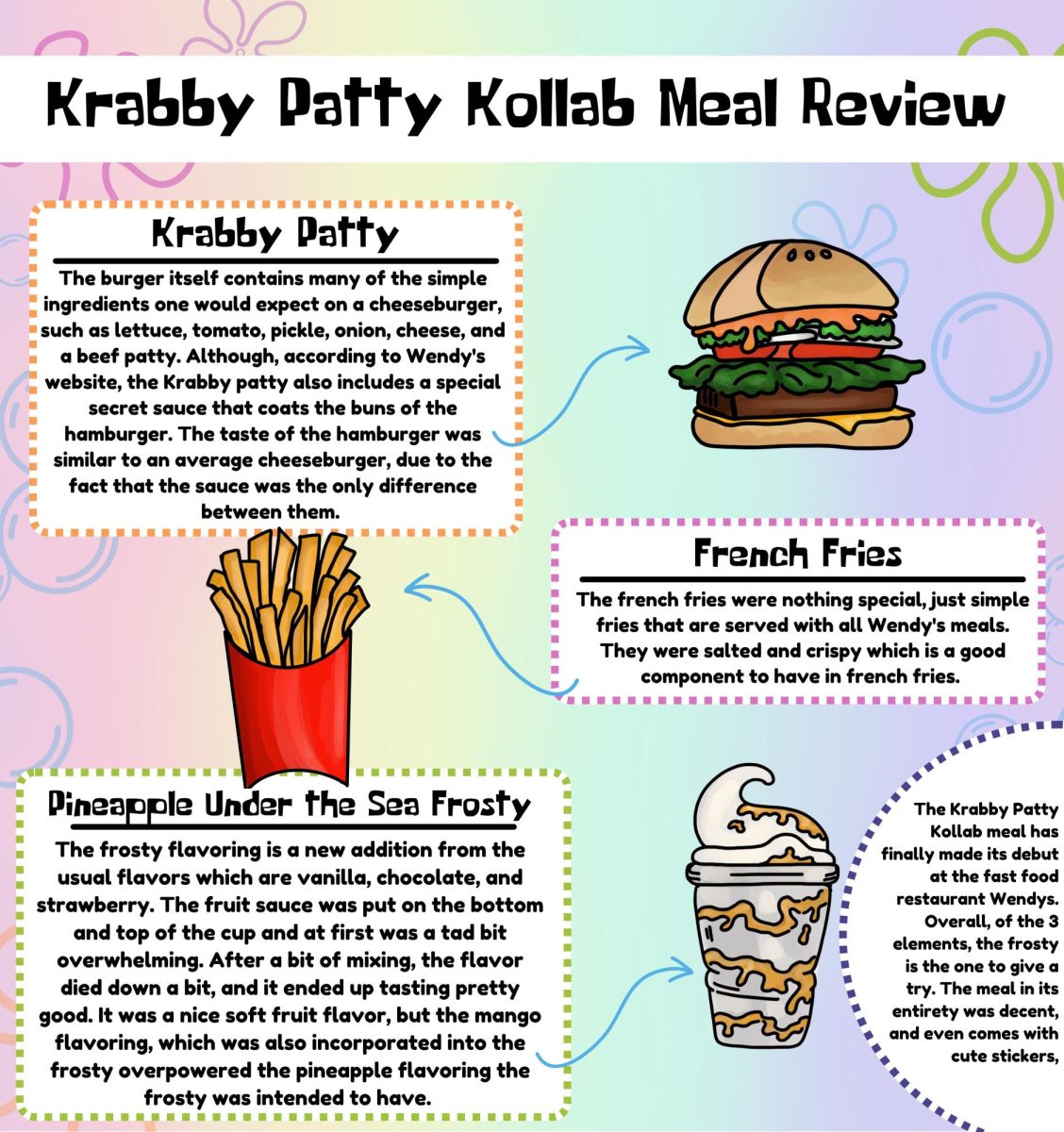Despite the narrow-minded view that teachers merely have a fixation with boring students, classic literature serves as more than a sleep aid.
Reading the classics provides an excellent intellectual exercise, expanding both vocabulary and analytic processes within the mind. The student annotation furthers the analytic process, forcing readers to make connections and understand the depth of the novel. Literature often induces an unconscious skill training in readers. The reader will find himself able to understand complex language structures and effectively analyze texts for deeper understanding.
However, as a result of lacking enthusiasm among high school readers, high schools often remain a graveyard for classic literature. The exclamation “high school ruined reading for me!” is a common complaint among book-haters. Anyone who utters these words is likely one of the one-third among high school graduates who, after high school, have never read another book.
These unlucky readers display an absence of perspective. While many of these novels might be a laborious read, most classic literature is not plot-driven, but rather theme- and character-driven.
There are three things that contribute to a novel’s classification as “classic”. Primarily, the novel is well-written. Anybody can write a book, but few can write one worth reading.
Perhaps more importantly, classic literature is enduring. Literature refuses to fade with the dynamic trends in pop-culture.
Most notably, however, these authors mastered the ability to weave and disguise relevant themes that survive the ages. Commendable literature discusses human nature and questions aspects of life otherwise not pondered. In Frankenstein, readers are introduced to the concept of Nature vs. Nurture and the intrinsic natures of man. Salinger reiterates the prevalence of deception, loneliness and an unwillingness to mature in Catcher in the Rye.
F. Scott Fitzgerald, the author of the Great Gatsby, once said “That is part of the beauty of all literature. You discover that your longings are universal longings, that you’re not lonely and isolated from anyone.”



sally leeroy • Apr 29, 2016 at 6:17 AM
What if children who read classsic literature don’t understand what they are reading? If they don’t understand what they are reading then their grade might start to fall and they have a chance of failing the course